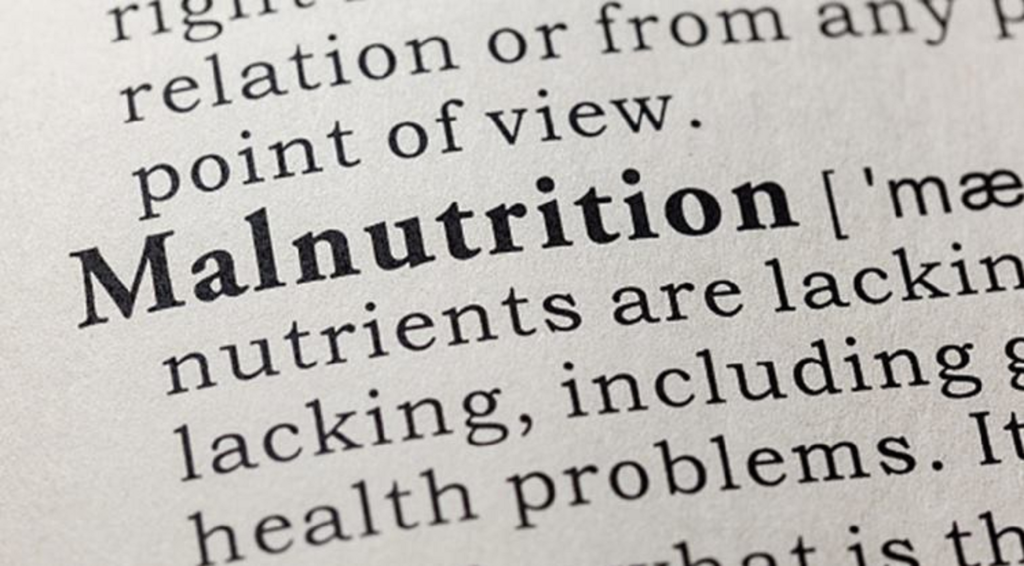Action needed against malnutrition

On Wednesday July 9, 2025, the Federal Government revisited an area in which successive regimes have failed – malnutrition. At the Nutrition and Food Summit held in Abuja, a presidential aide on public health, Uju Anwukah, confessed that Nigeria ranked second globally in malnutrition, especially among children and teenagers.
This ugly and embarrassing disclosure was no news, however. Malnutrition has been endemic in Nigeria down the decades and getting worse every year. Way back in 2013, the Federal Ministry of Health, in a report titled: “Malnutrition: Nigeria’s Silent Crisis”, observed: “The percentage of children in Nigeria who are wasted, or too thin for their height, has steadily increased over the last decade, rising from 11 percent in 2003 to 18 percent in 2013”.
The situation continued to slide, and by 2021, Nigeria had already achieved the dubious title of the most malnourished country in Africa, and second in the world, which we have retained till date. It is not for lack of state policy to tackle this menace that we remain stuck in the mud.
Nigeria is a signatory to the United Nations “Agenda 2030” Sustainable Development Goals, SDGs, which includes the so-called “Zero-Hunger” objective. Hardly does any month pass without the Federal Government and other relevant local and international bodies conducting one malnutrition programme or the other, yet the situation continues to deteriorate.
Malnutrition is the imbalance between the nutrients the body needs and what it gets. It manifests as a result of lack of adequate calories or essential nutrients a person needs to grow normally or live a healthy life. It can lead to serious health issues such as stunted growth and underweight in children, and predisposes children and adults to degenerative diseases like diabetes and heart disease.
Malnutrition is obviously a disease of the poor, downtrodden and vulnerable. The government officials who feed fat on public resources by paying lip service to it know that their family members are largely immune from it. They don’t care. That malnutrition worsens every year in Nigeria is a clear indication of this.
We call for concrete action to address this situation. President Bola Tinubu has announced many policies which indicate his interest in acting against hunger and malnutrition. These include his failed “emergency” measure against food insecurity, roll-out of tractors for mechanised farming, launch of the N-774 programme and others.
The weak spot has always been implementation. Public officials are only interested in the colourful public ceremonies, speeches and budgetary allocations only to come back next time to repeat the cycle. Implementation is key. There must be accountability and consequences for failure to meet targets.
We reiterate also that without full restoration of security in our forests and farmlands to enable full-scale mechanised agriculture, the lamentation will continue.
We must act now!
The post Action needed against malnutrition appeared first on Vanguard News.







